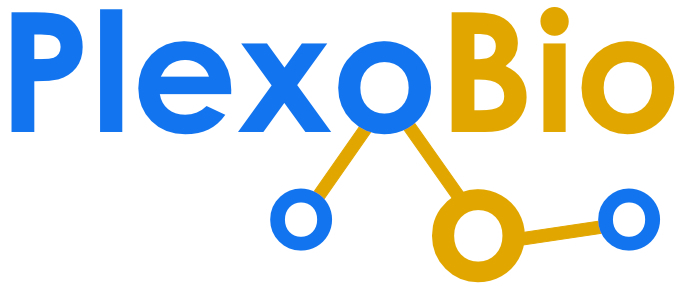Your cart is currently empty!
The life sciences industry is undergoing a profound transformation, driven by technological advancements, changing patient expectations, and evolving regulatory landscapes. As we look towards 2025, several key trends are emerging that promise to reshape the sector, improving healthcare outcomes and revolutionizing the way we approach medical research and treatment. This blog post explores the top trends in life sciences services and their potential impact on the industry and society at large.
Science is more essential for our prosperity, our security, our health, our environment, and our quality of life than it has ever been before.
One of the most significant trends shaping the life sciences industry is the rise of personalized medicine. As therapies become increasingly customized, ranging from individualized cancer vaccines to personalized fertility treatments, the industry is being forced to rethink its supply chain processes, adapt to new business models, and integrate novel pricing strategies (ref 1). This shift towards precision medicine is not only improving patient outcomes but also driving innovation in drug development and delivery methods.


Another key trend is the integration of artificial intelligence (AI) and other advanced technologies into various aspects of the life sciences sector. Generative AI, in particular, is poised to transform healthcare by streamlining tedious work and improving patient care (ref 1). From automating repetitive back-office functions to modernizing supply chains and supporting compliance, AI is becoming an indispensable tool for life sciences companies. Additionally, the development of AI-based smart body implants and connected devices is opening up new possibilities for real-time health monitoring and personalized treatment plans (ref 2).
Wrapping Up with Key Insights
As we look towards 2025 and beyond, the life sciences industry is set to become more resilient, innovative, and patient-centric. The trends discussed here – personalized medicine, AI integration, and digital health solutions – are just the tip of the iceberg. To thrive in this rapidly evolving landscape, life sciences companies must prioritize collaboration, embrace digital transformation, and focus on delivering meaningful outcomes. By doing so, they will not only meet today’s challenges but also set new standards for the healthcare of tomorrow, ultimately improving the quality of life for patients worldwide.


Leave a Reply